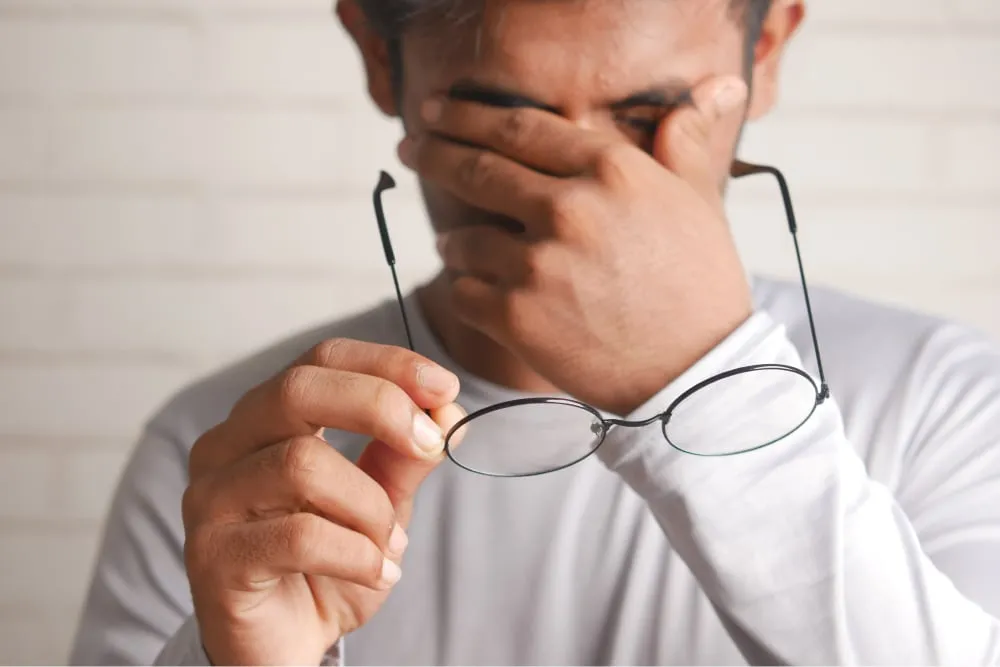Types of anorexia organ damage
Anorexia nervosa involves the extreme limitation of food, and this can result in many different and simultaneous vitamin and mineral deficiencies, as well as overall malnutrition.1
These deficiencies can impact organ function and contribute to some of the serious medical complications that may result from anorexia nervosa.
Anorexia and the heart
Anorexia nervosa can have an outsized influence on cardiovascular health. In fact, the
heart complications commonly tied to AN are thought to have a lot to do with the condition's high mortality rate.
2 People who struggle with AN often experience electrolyte abnormalities, which can impact many functions within the body, but have a particular effect on heart health.
3 Arrhythmia (abnormal heart beat), congestive heart failure, and sudden cardiac arrest are among the most concerning results of these abnormalities.
2 Anorexia nervosa can also change the heart from a structural standpoint. Many patients with AN experience atrophy in this pivotal muscle, often due to the lower volume of fluids being moved through their bodies.
2 Gastrointestinal issues related to anorexia
Anorexia nervosa can also impact the organs involved in the
gastrointestinal (GI) tract, including the esophagus, stomach, and intestines.
Delayed gastric emptying, acid reflux, constipation, bloating, nausea, and stomach pain have all been connected to the condition. Many of these issues occur more acutely for people going through the refeeding process of recovery, as the body reacclimates to greater food intake.
6,7People who struggle with purging-type anorexia nervosa may experience additional GI issues related to self-induced vomiting, such as damage to the esophageal wall lining.
4 Anorexia and brain health
Anorexia nervosa can
impact the brain in a number of ways.
The condition has been shown in several studies to alter the structure of the brain itself, altering patterns in cerebral folds as well as decreasing the amount of grey matter.
8 Grey matter is where the majority of the brain's "circuitry," or the neurotransmitters that send signals throughout the body, are found.
The limitation of food intake can also lead to lower blood sugar levels, which can result in feelings of confusion, fuzziness, or sluggishness, sometimes referred to as brain fog.
9 In both cases, these symptoms were found to be reversible with healthy weight restoration.
8,9 Liver issues caused by anorexia
The starvation and malnutrition brought on by anorexia nervosa are the biggest drivers of liver issues connected to the condition.
In cases of severe anorexia nervosa, malnutrition-induced hepatitis may develop. Combined with the persistently low blood sugar generally connected to AN, the twin issues can lead to depleted liver glycogen stores, which can cause many other medical complications.10
In rare cases, it's possible for AN to cause liver failure. Though, liver function generally returns to normal in recovery.10
Anorexia and the kidneys
The kidneys are also often impacted by AN, thanks primarily to their role in regulating electrolytes.
Impaired kidney function is so common in patients with AN, the authors of one study suggested using it as a measure of the disorder's severity, as opposed to body mass index.
5Common issues include everything from kidney stones to acute kidney injury and chronic kidney disease. Aside from causing pain and issues with thirst and urination, these can, in severe cases, result in renal failure, or kidney failure.
5,11 {{link-bank-two-column}}
Signs of organ failure
Organ failure can happen suddenly or gradually, and look or feel different, depending on which organs are struggling.
Like other eating disorders, anorexia nervosa can cause issues with any number of organs. But there are some common signs to look out for which may indicate a developing problem, including:12
- Weakness or fatigue
- Drowsiness or sluggishness
- Loss of consciousness
- Difficulty concentrating or confusion
- Nausea or vomiting
- Fever or chills
- Swelling in the abdomen or extremities
- Persistent chest or abdominal pain
- A yellow tint to skin or eyes (jaundice)
- A bluish tint to the lips or under the fingernails (cyanosis)
It's important to note that organ failure doesn't necessarily mean an organ has stopped working. Rather, the phrase is used to indicate that the organ is not working up to full capacity—or "failing" to do its entire job.
Chronic organ failure progresses over time, in stages, while acute organ failure happens suddenly, usually caused by a specific event.12 And since the organs are all so interwoven, it's possible that issues with one could lead to issues with another.
Organ failure is a serious issue, and if you or a loved one are experiencing any signs, you should seek medical treatment immediately.
Finding help for anorexia nervosa
If you or a loved one are struggling with anorexia nervosa, it's important to seek out help. A timely approach to treatment can help prevent some of the worst organ damage caused by AN, including end stage renal disease and other serious issues.
The important thing to remember is that help is always available. And the right kind of treatment can not only ease symptoms of organ damage, but help you feel better on a physical, mental, and emotional level.
It is never too late to reach out for support and begin the healing process.
Call for a free consult How to prevent organ damage from anorexia nervosa
The best way to prevent the organ damage caused by anorexia nervosa is to address the AN itself. This is generally done through a combination of therapeutic approaches, which target both the psychological and physical symptoms of AN.
The refeeding process is the most dangerous part of recovery for individuals with anorexia nervosa. Electrolyte imbalances and other issues caused by starvation can potentially lead to refeeding syndrome, a serious condition that can potentially be fatal. It's important to seek out proper medical care to ensure weight restoration is done at a safe and healthy pace.
Luckily, a majority of the organ damage caused by AN can be reversed with healthy weight gain. That's why, even with such an insidious eating disorder, hope is always possible.
You might be interested in









































